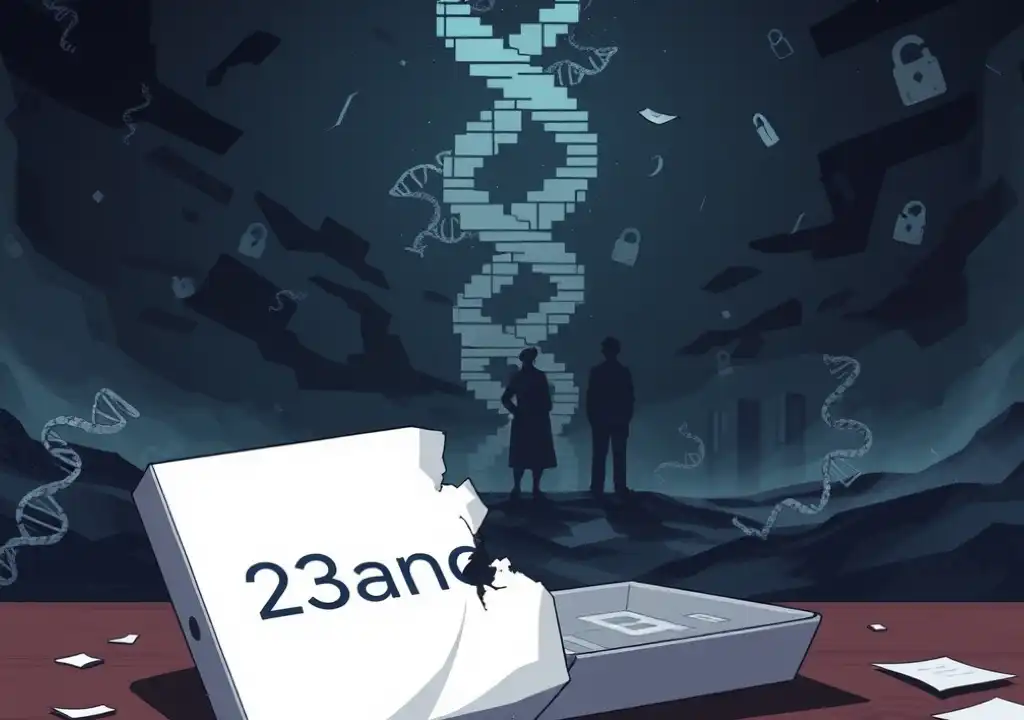The genetic testing firm 23andMe has filed for bankruptcy. What led to this situation, and what are the implications for the genetic data it has collected?
The Fall of 23andMe
23andMe, a leader in consumer DNA testing, became famous for its at-home kits that offered insights into ancestry and health. The company gained significant attention after going public through a SPAC deal in 2021, reaching a valuation of $6 billion. However, demand for the kits began to decline as many customers used the service only once, and rivals like AncestryDNA gained market share.
In addition to the declining demand, 23andMe faced a major setback in 2023 when a data breach exposed the personal details of millions of customers. This event tarnished its reputation and further strained the company’s financial situation. Despite attempts to find solutions, including seeking a potential buyer, 23andMe filed for Chapter 11 bankruptcy protection to reorganize and auction its assets.
What’s Next for Genetic Data?
The bankruptcy raises concerns about how 23andMe will manage and protect the genetic data it has collected. Officials, including California’s Attorney General, have voiced concerns about the privacy of this sensitive data. While the company states that its data policies remain unchanged during the bankruptcy process, customers are left wondering if they should delete their data as uncertainty grows around the company’s future operations.

